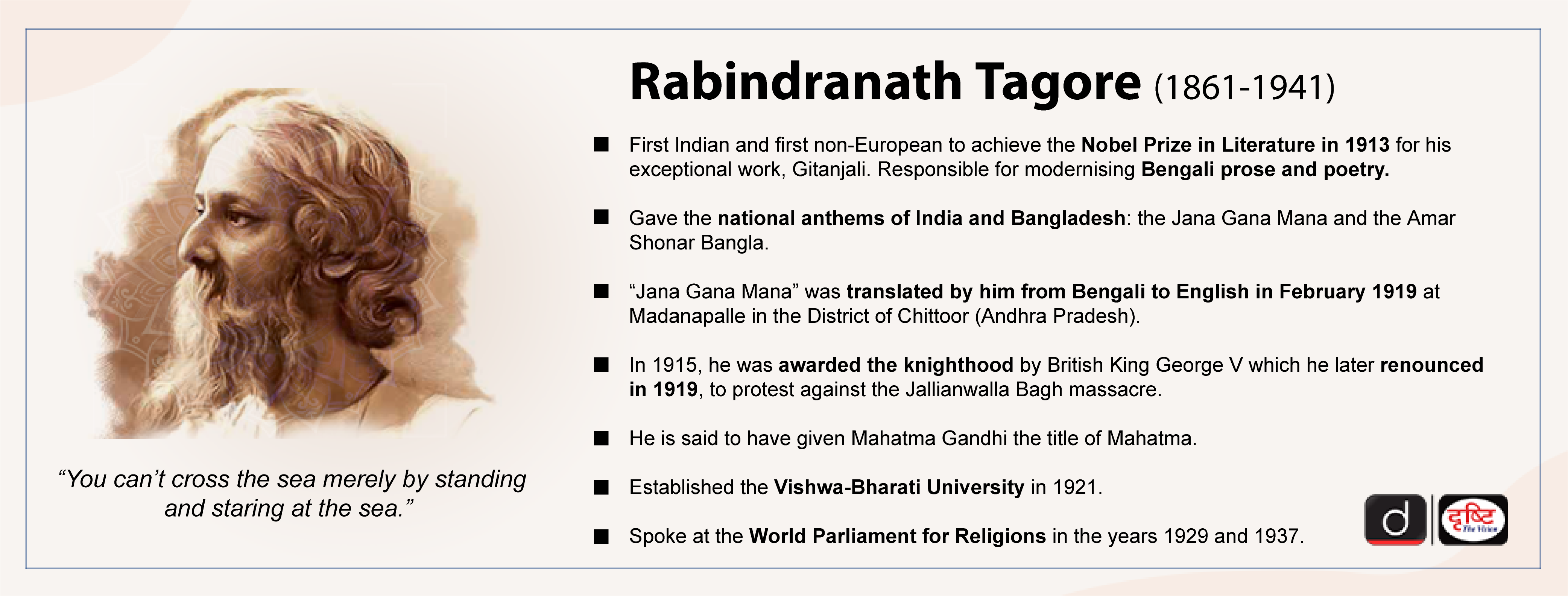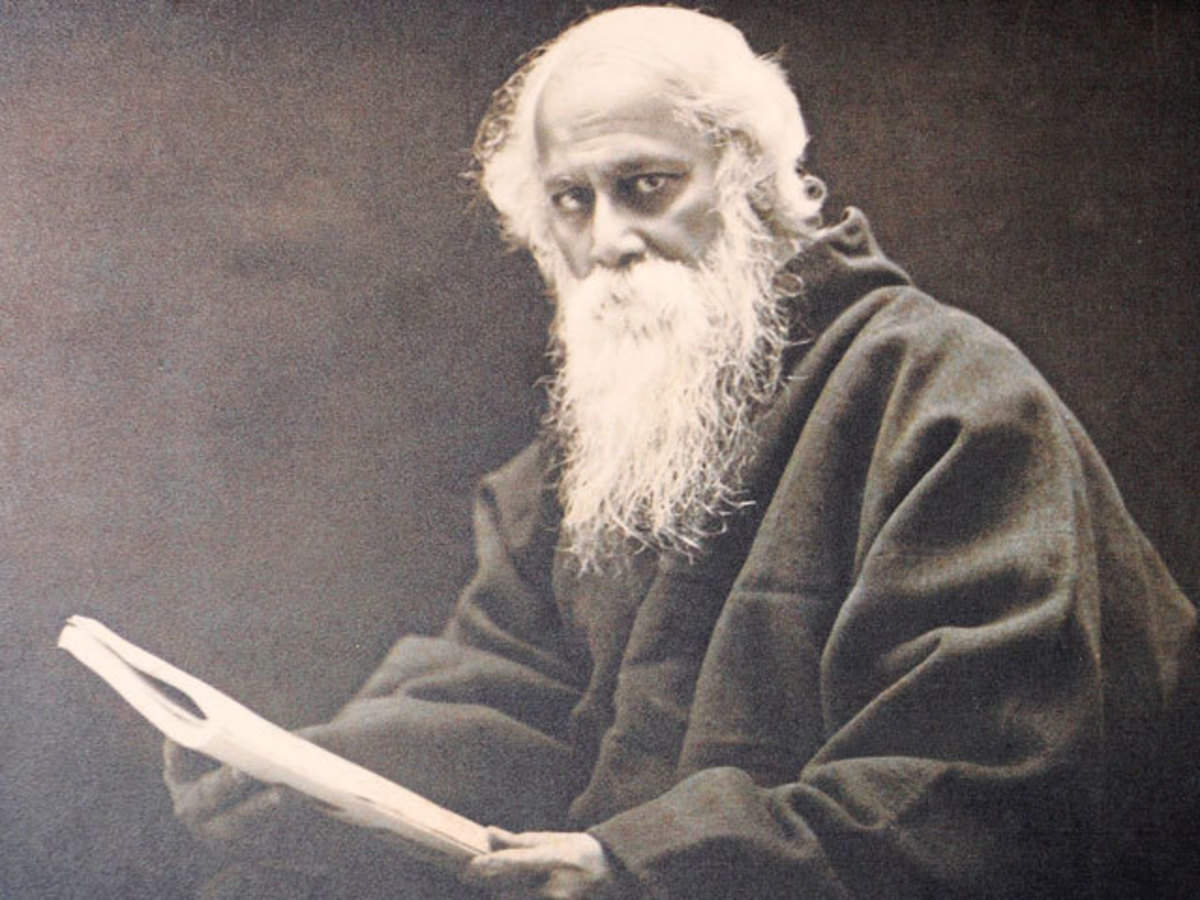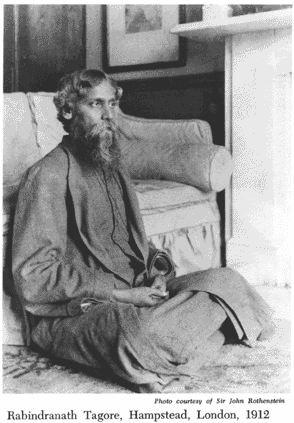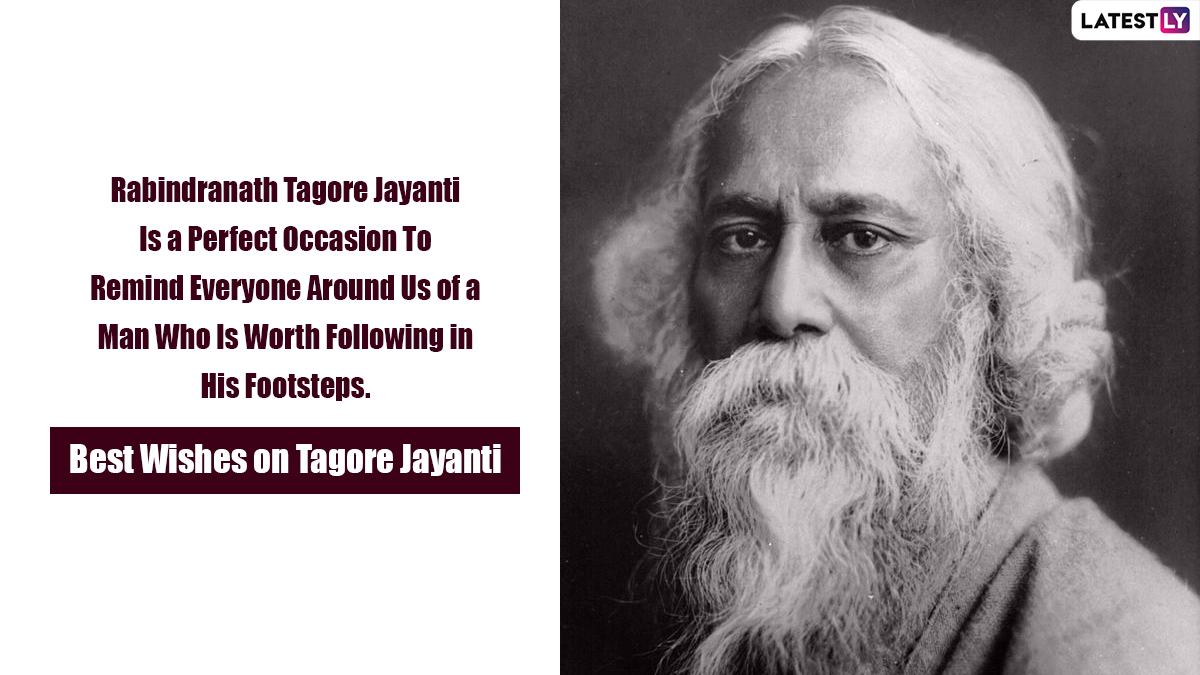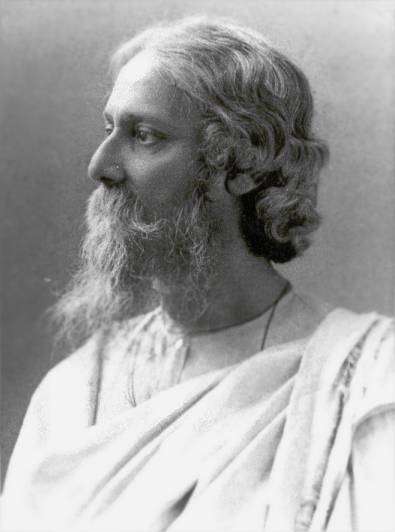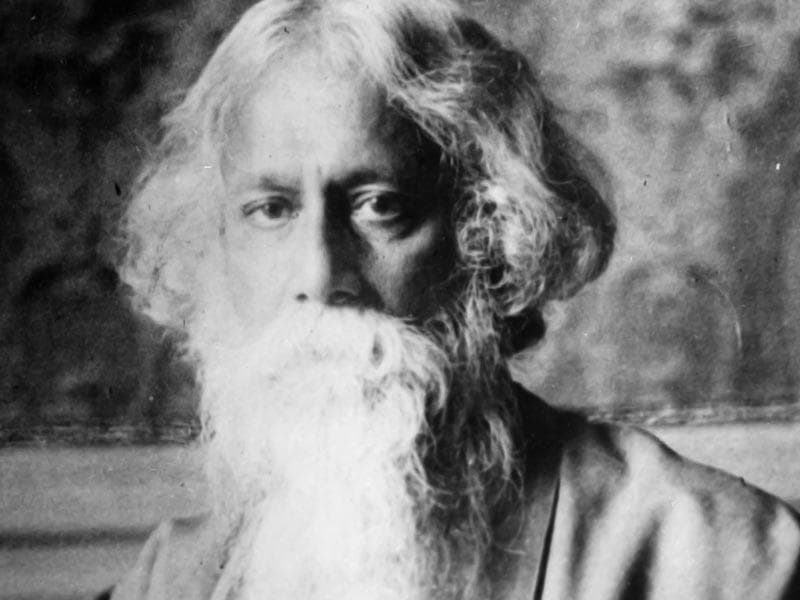Rabindranath Tagore was a Bengali poet, philosopher, and polymath from India. He was born on May 7, 1861, in Calcutta, India, into a wealthy and influential family. His father, Debendranath Tagore, was a Hindu reformer and leader of the Brahmo Samaj, a social and spiritual movement that sought to modernize Hinduism and promote the education of women. His mother, Sarada Devi, was a devout and influential woman who played a central role in shaping Rabindranath's spiritual and philosophical views.
Tagore was a prodigiously talented and versatile writer, who produced a vast body of work that included poetry, fiction, plays, essays, and songs. He was also an accomplished painter and musician, and his works in these areas are still widely celebrated in India and around the world.
Tagore received his early education at home, where he was tutored by some of the leading scholars of the time. He later went on to study at a number of prestigious institutions in India and abroad, including the University of Calcutta and the University of London.
Tagore's poetry was characterized by its spiritual depth, philosophical insights, and sensitivity to nature and the human condition. He wrote in Bengali and English, and his works were translated into many languages. His most famous collection of poems, "Gitanjali," was published in 1913 and won him the Nobel Prize in Literature in 1913, making him the first non-European to receive the award.
Tagore was also a strong advocate for social and political reform, and he was deeply involved in the Indian independence movement. He was a close friend and collaborator of Mahatma Gandhi, and his ideas and writings played a significant role in shaping the political and cultural landscape of India.
In addition to his literary and political achievements, Tagore was also a leading figure in the arts and education. He founded the Shantiniketan School in West Bengal, which became a hub for the arts and education, and he established the Visva-Bharati University, which became a leading center for the study of Indian culture and civilization.
Tagore died on August 7, 1941, in Calcutta, India. His legacy as a poet, philosopher, and reformer lives on to this day, and his works continue to be widely read and celebrated around the world.
